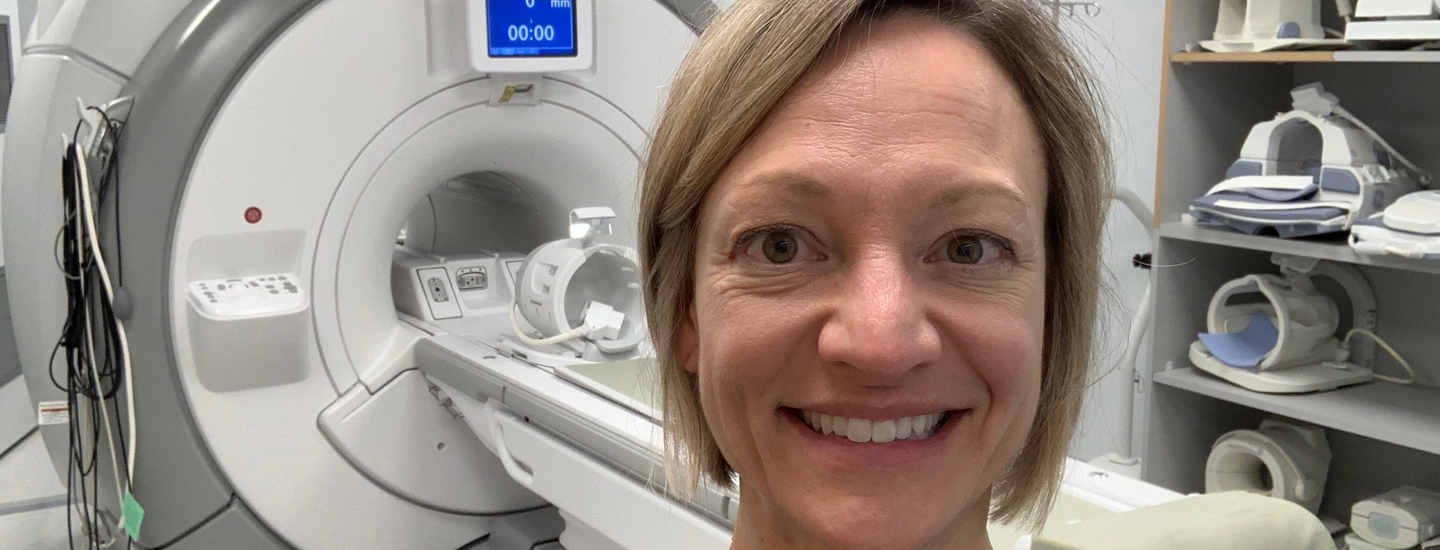This week I participated in the Women’s Brain Initiative led by Dr. Lisa Mosconi at Weill Cornell Medicine in New York City. She’s a neuroscientist with a passion for brain health, nutrition and women’s well-being.
The Initiative is a multi-year research study to understand why women are more susceptible to Alzheimer’s than men. Dr Mosconi’s thesis is that there is a correlation between menopause and Alzheimer’s. You can read more about it in her 2018 New York Times op-ed, The Menopause-Alzheimer’s Connection.
With a history of Alzheimer’s in my family, the experience was a personal one. I’m bringing you along the journey with me, because there may be some insight that you can glean from my learning.
On Tuesday, I checked in for the first day of blood work, cognitive testing and MRI scans.
The blood work was standard. Six vials will give them the information they need to establish whether I have the Alzheimer’s genetic marker or not.
The cognitive testing involved a series of memory tests. An instructor listed words that I had to recite back to her, in order, reverse order, and then in whatever order they came to me 10 minutes later. There’s nothing more humbling than memorization exercises.
The final exercise of the day involved a 70-minute MRI scan of my brain. If you’ve ever had an MRI, you know how loud it can be. If you haven’t, the only way I can describe the loud clanking noises is to correlate it to something out of 2001 Space Odyssey. Thankfully, I was able to sleep through a large portion of the scan. The photo at the top of this blog is me before my 70-minute nap in the machine.
The MRI results will show the health of my brain, which is hydrated by estrogen flowing through my body. As estrogen declines, gray matter can recede, which makes women more vulnerable to brain diseases.
Day 2 was 100% dedicated to a brain imaging technique called PET. I fasted the night before, so they could inject a tracer into my bloodstream.
Watch this short video where Dr. Lisa Mosconi explains the purpose of the tracer and what she hopes to learn from this part of the study.
Next steps are for Dr. Mosconi and her team to analyze the results over the duration of the study, which will last another year.
What can you do to prepare yourself while we await the results?
For one, you can read Dr. Lisa Mosconi’s book, Brain Food: The Surprising Science of Eating for Cognitive Power.
I also recommend downloading the 2-part podcast I recorded with Dr. Mosconi titled, “Menopause, Alzheimer’s and Eating for Retirement.” In addition to reading “Out of focus: getting your concentration back in menopause.”
Finally, if you’re interested in participating in the study, send me an email at jill@gennev.com. I believe they still have room for more participants.
Here’s to our brain health!
